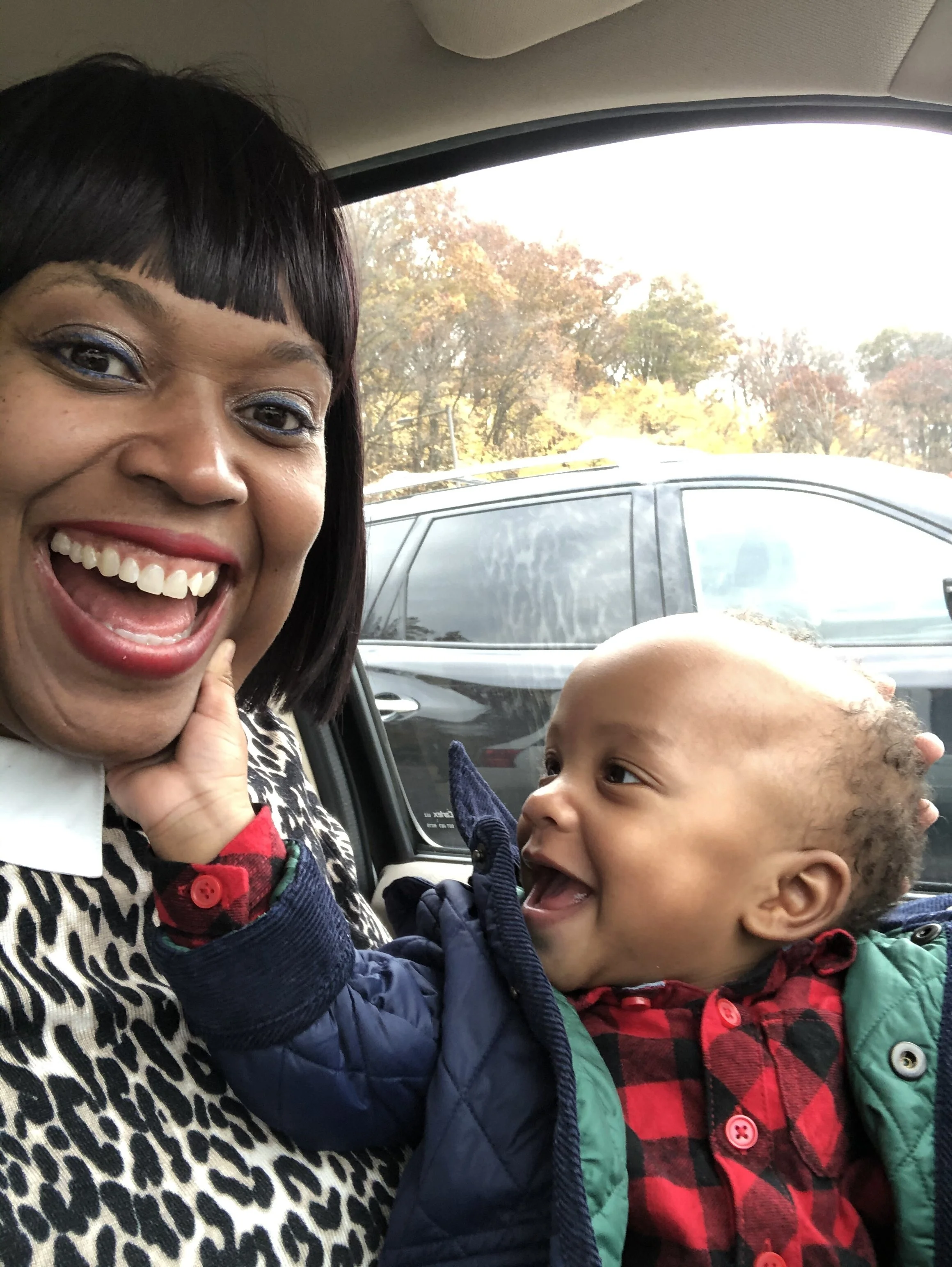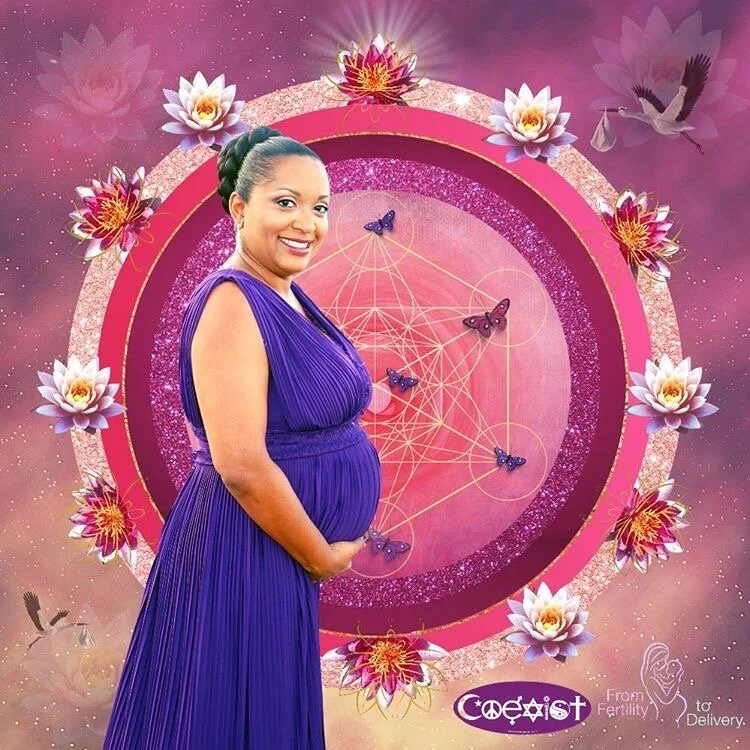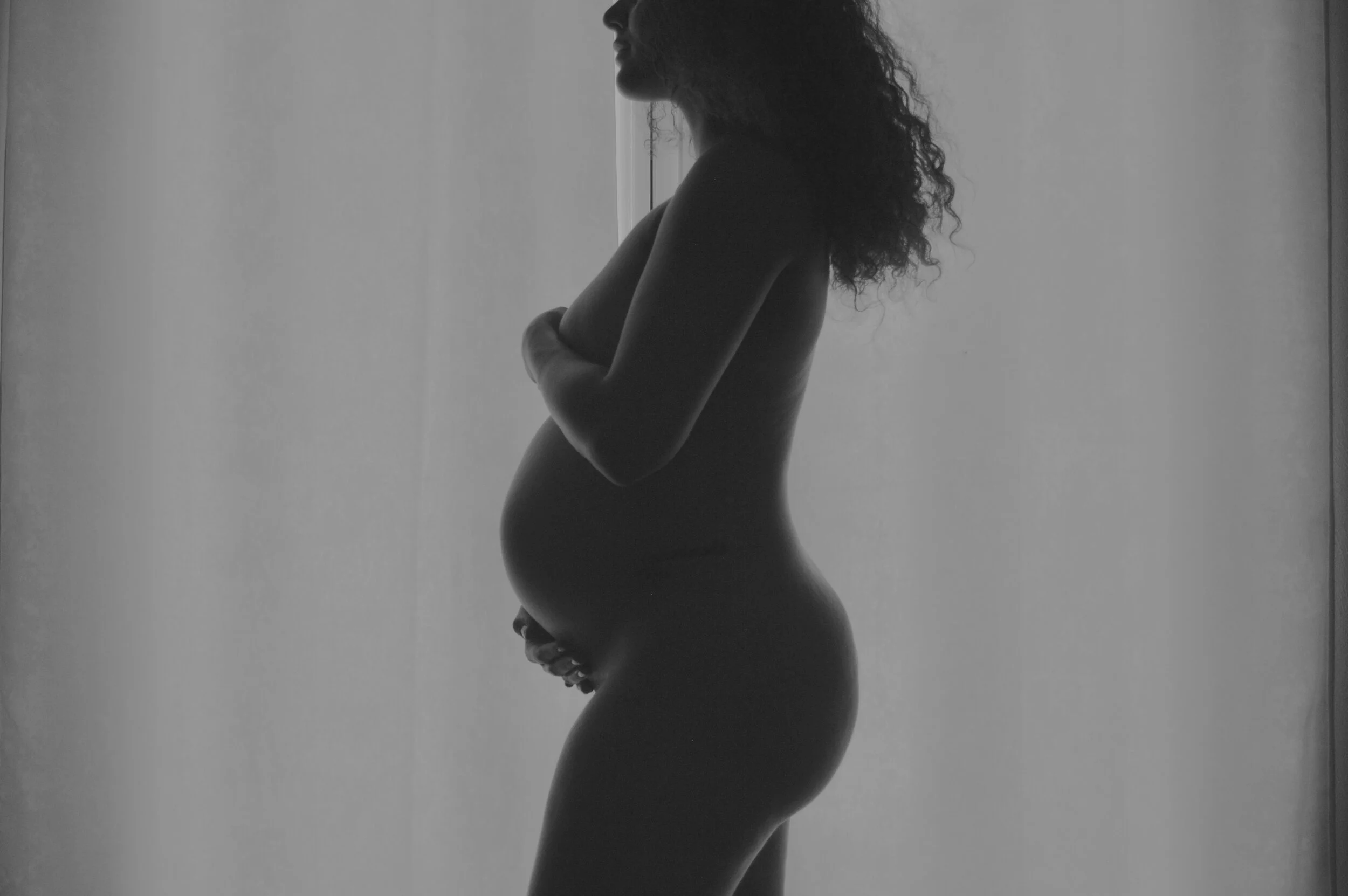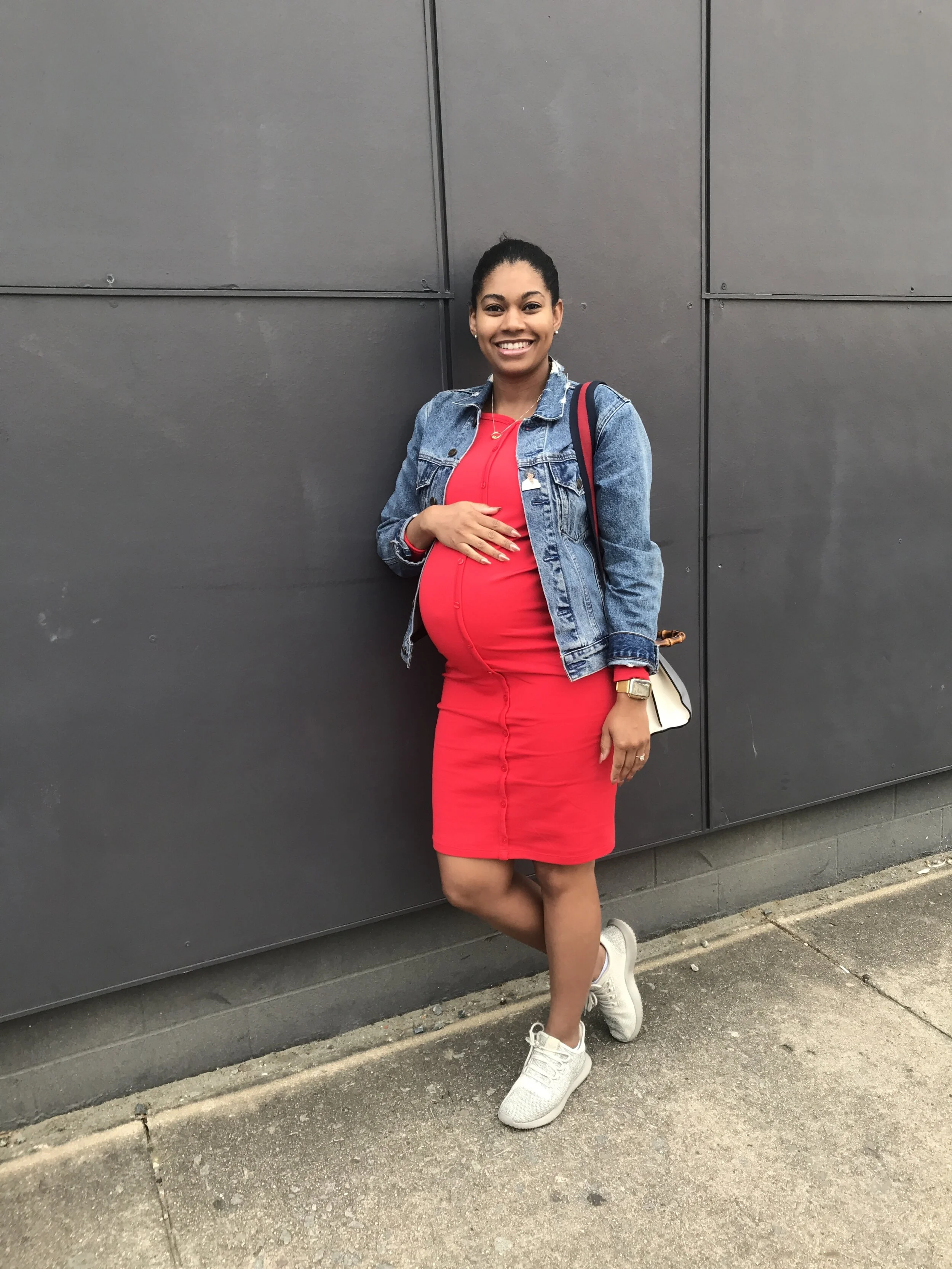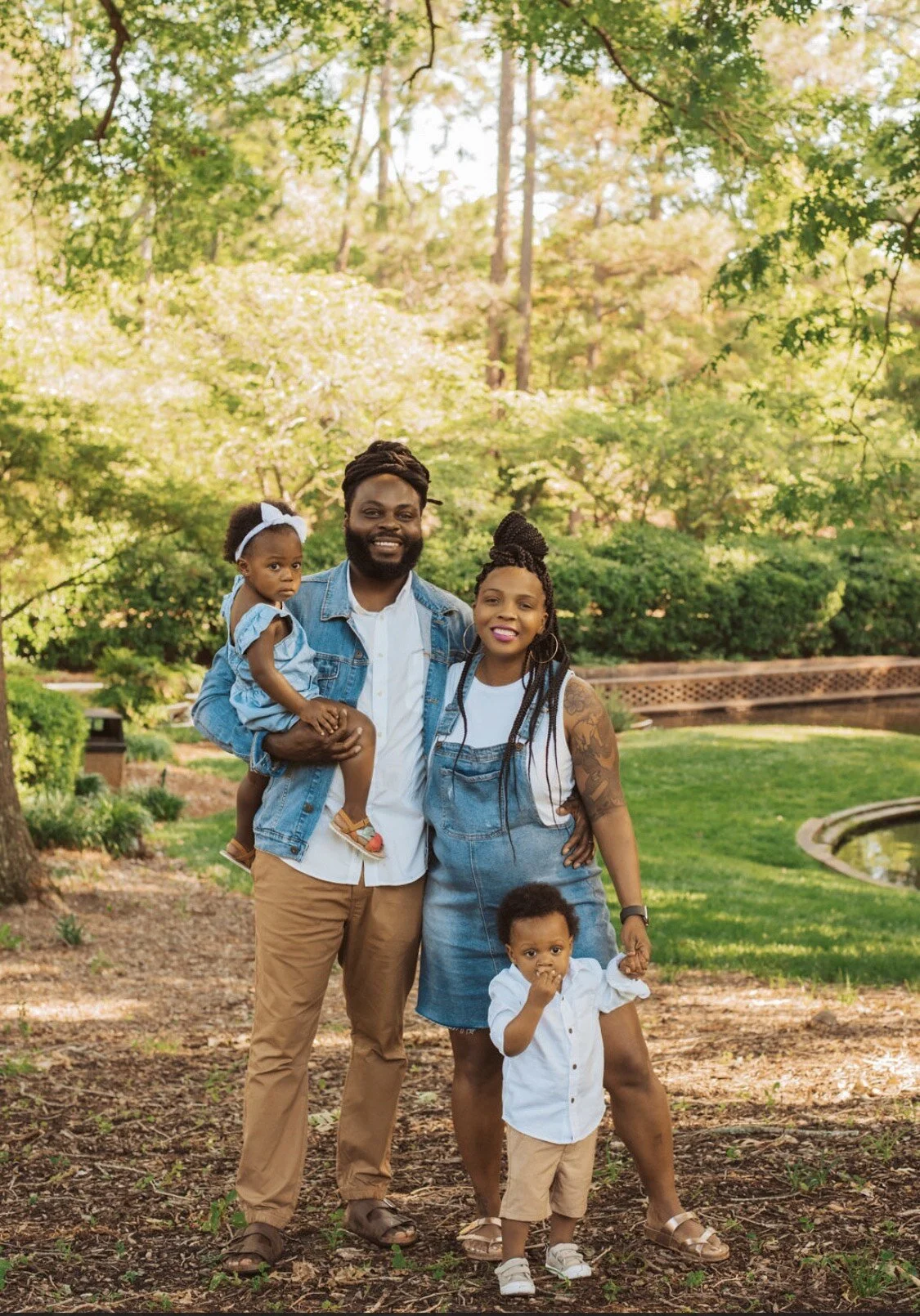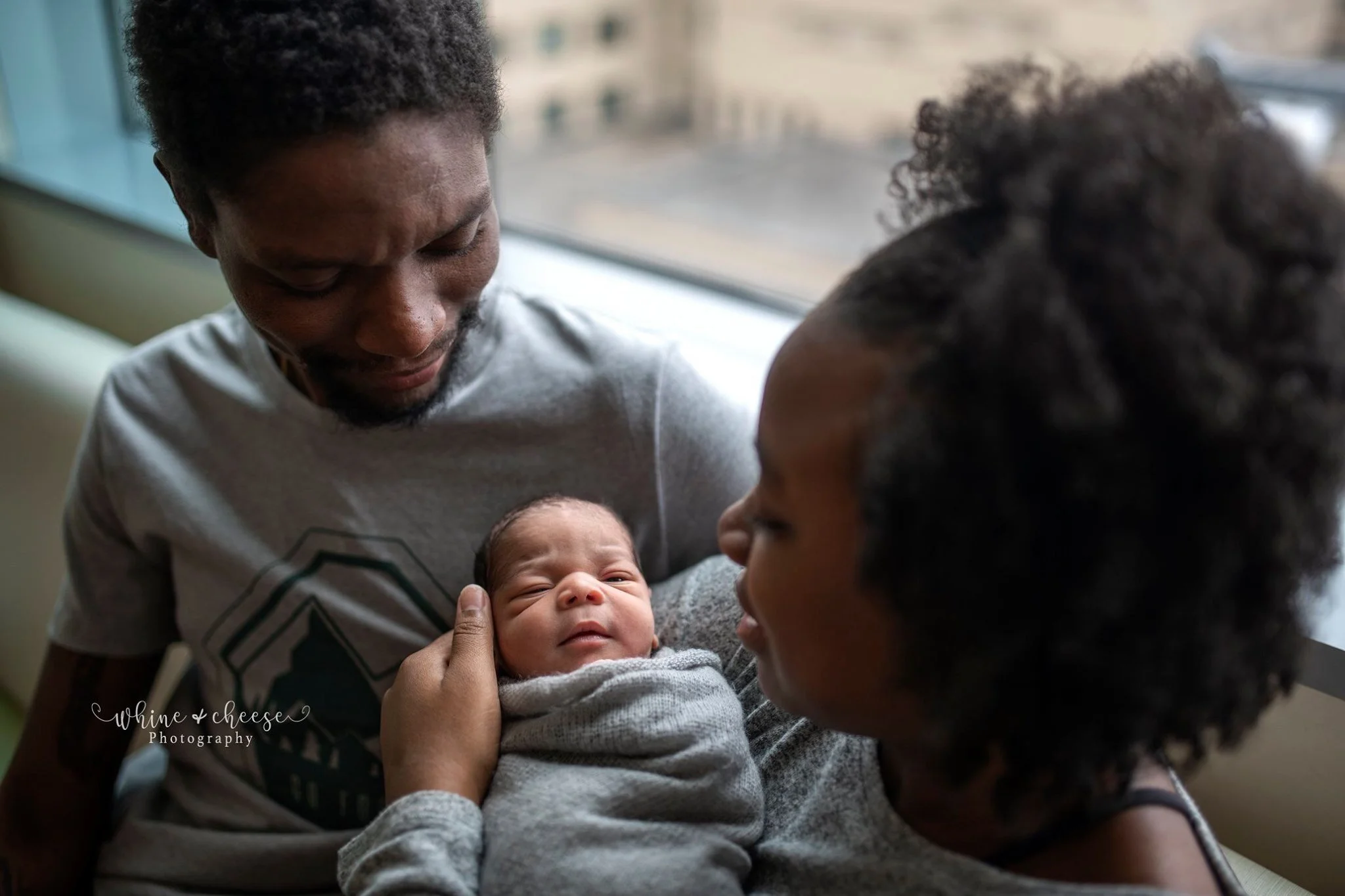Tia described the moment when faced with an X-ray needed after a cough sent her to the ER. She was informed that it was cancer after a follow up with a pulmonologist. Leading her down a road of testing, treatment, and specialists. All moving at a fast pace to provide immediate treatment. Tia was diagnosed with Hodgkins Lymphoma, and she immediately felt herself come outside of her body. She began inpatient chemotherapy treatment for the cancer.They utilized all of the medications, including those that would cross through the placenta, because she didn’t just want to survive the pregnancy and raise her child.
Tia and Martino’s birth would culminate with an emergency surgical birth at 31 weeks pregnant due to the baby having repeated heart decelerations after mom passed a large blood clot. Their hospital stay was brief due to her weakened immune system, but she quickly returned the next day due to a fever that would later be determined as lung inflammation.
Postpartum was challenging, as one might imagine. Their family stepped in to visit Baby Chance in the NICU as Tia healed and Martino took care of her and their other daughter. Yes, the baby was named Chance because they gave him a chance at life. Tia and Martino’s story goes beyond birth; it is a testament to their faith, strength, determination, favor, and love.
Read More